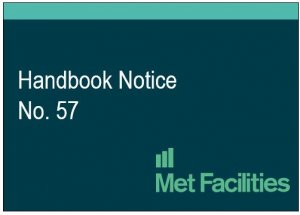Near final rules on SME access to the Financial Ombudsman Service
The Financial Conduct Authority (FCA) has released Policy Statement 18/21: SME access to the Financial Ombudsman Service – near-final rules.
This document outlines FCA’s response to the feedback it received following its earlier consultation which set out proposals to allow a wider range of complainants to complain to the ombudsman service. The FCA proposed to do this by changing the definition of an ‘eligible complainant’ in DISP to include medium-sized enterprises (SMEs), charities and trusts, as well as personal guarantors of loans to a business they are involved in.
Following consultation, the FCA have made some changes to its approach, considering the feedback it received. In summary the FCA has:
• relaxed its proposed eligibility criteria for SMEs so that they would only have to meet the turnover test and one of either the headcount or balance sheet total tests, rather than all three; and
• allowed the ombudsman service more time to prepare for the changes and allowed itself more time to consider the changes as part of its wider consultation of the ombudsman service’s business plan and budget for 2019-20.
The FCA believes the changes to the rules will mean that around 210,000 additional SMEs will have access to the ombudsman service.
The FCA sets out in PS18/21 near final rules with a provisional start date of 1st April 2019 and it expects to make final rules before the end of 2018. The FCA is issuing near-final rules now to give the ombudsman service the degree of certainty it needs to take reasonable, concrete steps to implement the proposals. These steps consist of hiring any extra staff and consultants with the necessary skills and expertise the ombudsman service feels are appropriate.
Further information:
To read more, please follow this link:
https://www.fca.org.uk/publications/policy-statements/ps18-21-sme-access-financial-ombudsman-service-near-final-rules
Contact us here
Other articles

FCA consults on increasing the award limited for the FOS
Please Note: This publication is not intended to be a comprehensive review of all developments in the law and practice, or to cover all aspects of those referred to. Readers should take legal advice before applying the information contained in this publication to specific issues or transactions.

Near final rules on SME access to the Financial Ombudsman Service





